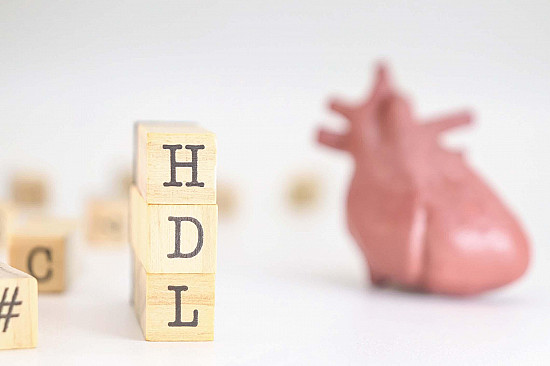4 ways to eat your way to lower cholesterol

Many people can lower their cholesterol levels simply by changing what they eat. For example, eating less meat (and leaner cuts) and more vegetables, fruits, and whole grains can potentially lower your total cholesterol by 25% or more.
Here are four steps for lowering your cholesterol through diet.
- Stick with unsaturated fats and avoid saturated and trans fats. Most vegetable fats (oils) are made up of "healthy" unsaturated fats that are good for your heart. Foods that contain healthy fats include oily fish, nuts, seeds, and some vegetables. At the same time, try to limit your intake of foods high in saturated fat, such as many meat and dairy products.
- Get more soluble fiber. Eating more soluble fiber, such as that found in oatmeal and fruits, can lower blood cholesterol levels when eaten as part of a healthy-fat diet.
- Include plant sterols and stanols in your diet. These naturally occurring plant compounds are similar in structure to cholesterol, so when you eat them, they help limit the amount of cholesterol your body can absorb. Plant sterols and stanols are found in an increasing number of food products such as spreads, juices, and yogurts.
- Find a diet that works for you. When a friend or relative tells you how much his or her cholesterol level dropped after trying a particular diet, you may be tempted to try it yourself. If you do, and after a few months you discover that you're not getting the same benefits, you may need to chalk it up to genetic and physiological differences. There is no one-size-fits-all diet for cholesterol control. You may need to try several approaches to find one that works for you.
Although diet can be a simple and powerful way to improve cholesterol levels, it plays a bigger role for some people than for others. Don't be discouraged if you have followed a diet but haven't reached your goal blood level. Keep it up. Even if you do end up needing medication to keep your cholesterol in check, you likely will need less than if you didn't make any dietary changes.
For more on lowering cholesterol, read Managing Your Cholesterol, a Special Health Report from Harvard Medical School.
Image: © iStock
Disclaimer:
As a service to our readers, Harvard Health Publishing provides access to our library of archived content. Please note the date of last review or update on all articles.
No content on this site, regardless of date, should ever be used as a substitute for direct medical advice from your doctor or other qualified clinician.















